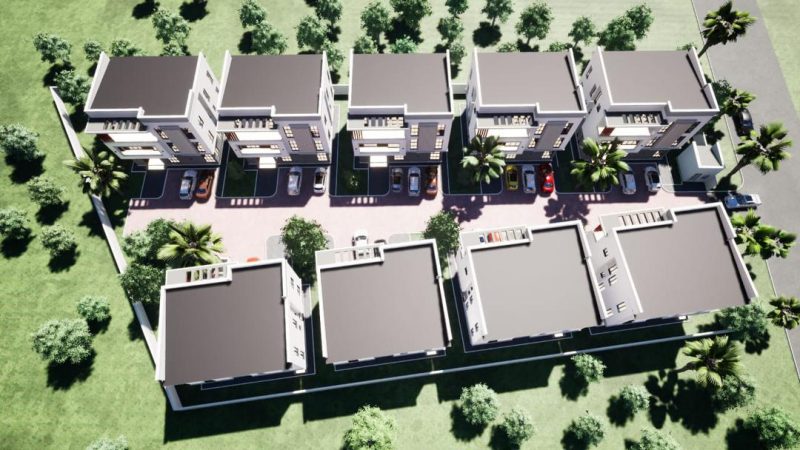
The Integral Role of Real Estate Professionals in Nigeria’s Housing Landscape
The housing sector in Nigeria is a complex and multifaceted realm that requires the concerted efforts of various professionals to ensure its effective functioning. Real estate agents, valuers, architects, and urban planners play crucial roles in shaping the country’s housing system, contributing to the development of sustainable communities and addressing the diverse housing needs of the population.
1. Real Estate Agents: Real estate agents act as intermediaries between property sellers and buyers, facilitating transactions and negotiations. Their in-depth knowledge of the market allows them to match potential buyers with suitable properties and guide them through the buying process. They bridge the gap between housing supply and demand, ensuring that individuals and families find homes that align with their preferences, budget, and requirements.
2. Valuers: Valuers are responsible for determining the market value of properties. Their expertise ensures that properties are priced accurately, preventing overvaluation or undervaluation. Valuers’ assessments are essential for property transactions, mortgage approvals, taxation, and investment decisions. By providing credible property valuations, valuers contribute to transparency and trust within the housing market.
3. Architects: Architects are the creative minds behind the design and construction of buildings and communities. They consider aesthetics, functionality, safety, and environmental sustainability when developing housing projects. Architects work to create spaces that not only provide shelter but also enhance the quality of life for residents. Their designs influence the visual and functional aspects of housing developments, contributing to the overall livability of neighborhoods.
4. Urban Planners: Urban planners are tasked with designing and organizing communities to ensure efficient land use, transportation, infrastructure, and amenities. They create comprehensive plans that address housing needs while promoting sustainable urban development. Urban planners collaborate with various stakeholders to design neighborhoods that cater to diverse socioeconomic groups and incorporate green spaces, public transportation, and essential services.
The collaboration among these professionals is vital for achieving a well-rounded housing system that meets the evolving needs of Nigeria’s population. Their combined efforts contribute to the following:
- Access to Adequate Housing: Real estate professionals help individuals and families find suitable and affordable housing options, ensuring that shelter remains accessible to all.
- Market Transparency: Accurate property valuations and transparent transactions facilitated by real estate agents enhance market transparency, fostering trust among stakeholders.
- Sustainable Communities: Architects and urban planners work together to design sustainable and functional communities that consider environmental impact, infrastructure, and social well-being.
- Economic Growth: A thriving housing market drives economic growth by generating employment opportunities, attracting investments, and stimulating related industries.
- Improved Quality of Life: Well-designed and properly valued housing contributes to improved living standards and enhanced quality of life for residents.
In conclusion, the roles of real estate professionals extend far beyond individual property transactions. Their collective efforts shape the foundation of Nigeria’s housing system, influencing not only the physical aspects of communities but also the social, economic, and environmental well-being of the nation. Through collaboration and expertise, these professionals contribute to creating a sustainable and inclusive housing landscape that addresses the diverse needs of Nigeria’s population.





